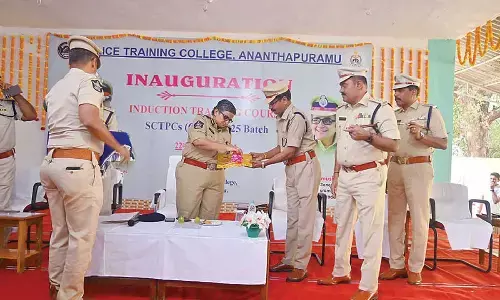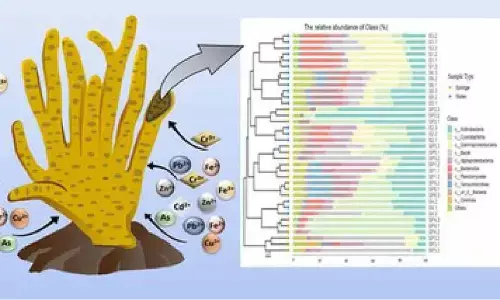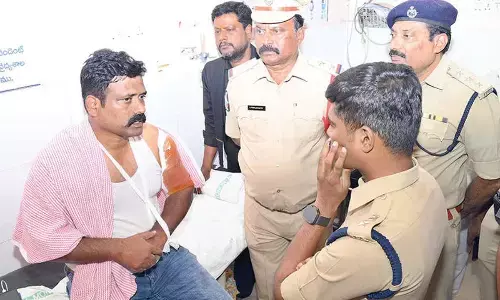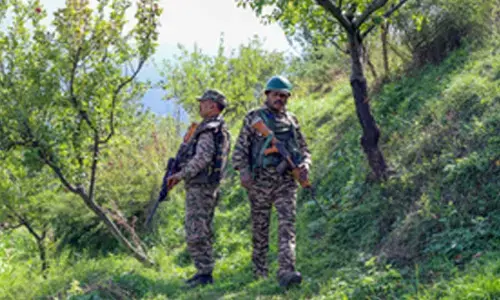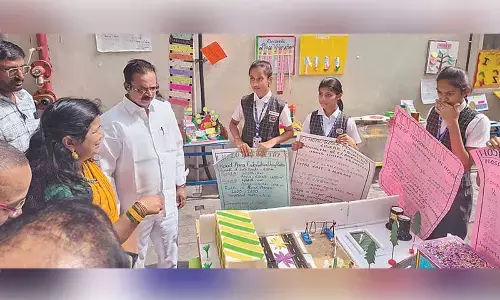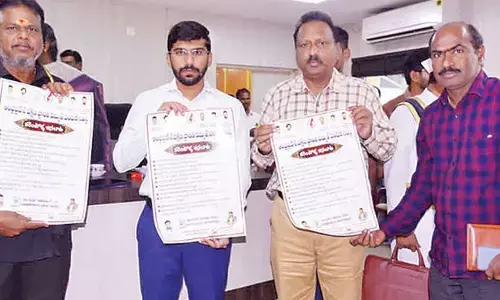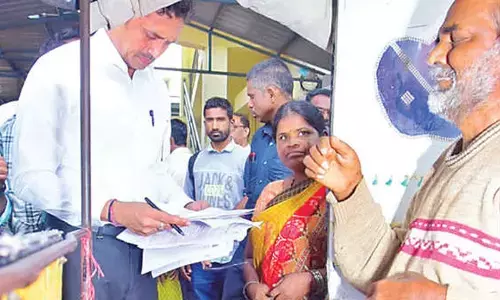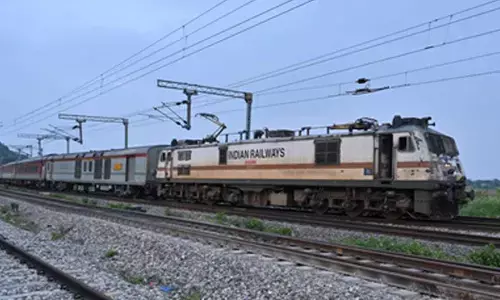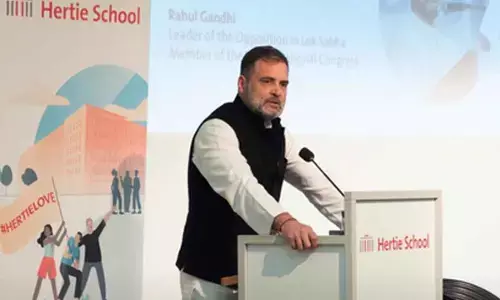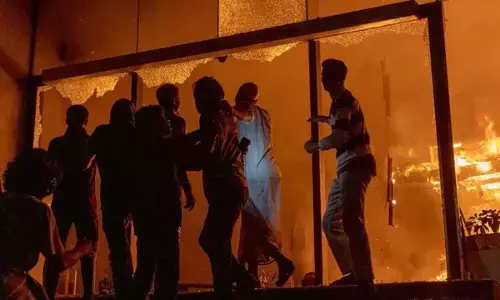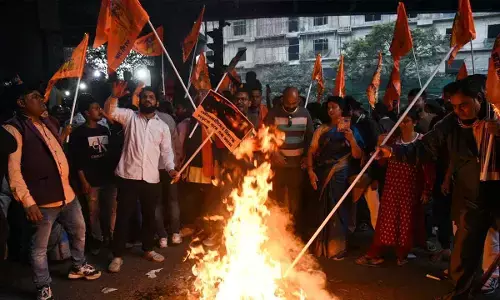Federalism built in Article 370 cannot be abrogated, senior advocate Gopal Subramanium to Supreme Court Constitution Bench
Share :
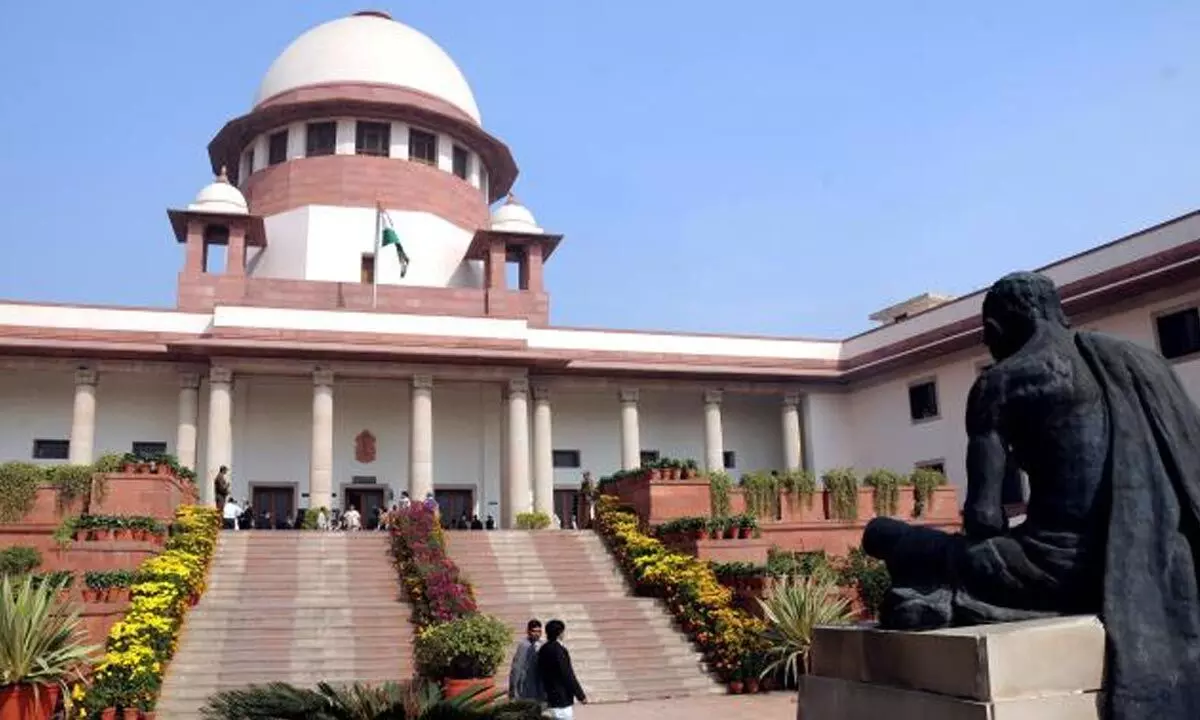
Supreme Court of India
Senior Advocate Gopal Subramanium on Wednesday argued before a Constitution Bench of the Supreme Court that the federalism built in Article 370 of the Constitution cannot be abrogated.
New Delhi: Senior Advocate Gopal Subramanium on Wednesday argued before a Constitution Bench of the Supreme Court that the federalism built in Article 370 of the Constitution cannot be abrogated.
Article 370 established the contours of federal arrangement between J&K and India, he said.
Subramanium said that the Constitution of India and Constitution of J&K compliment the relationship between India and J&K and "Article 370 is the medium through which the two Constitutions speak to each other".
"I urge my lordships to consider that both Legislative Assembly and Constituent Assembly are recognised in our Constitution. The basic structure will be deduced from both the Constitutions," he added.
Subramanium referred to the marginal note to Article 370 which reads as "temporary provisions with respect to the State of Jammu and Kashmir" and said that it would be incorrect to say that 370(3) is otiose, adding that the Constituent Assembly of J&K wanted the provision to continue.
He said that the Constituent Assembly cannot be read as the Legislative Assembly, using an interpretation provision as it would be an amendment in Article 370 (d).
At this, CJI D.Y. Chandrachud said: "We must note that though the Indian Constitution does speak of the Constituent Assembly of Jammu and Kashmir, it does not refer to the Constitution of Jammu and Kashmir at all."
The Constitution Bench will continue hearing arguments on Thursday.
Earlier, senior advocate Kapil Sibal had argued that there exists a difference between "constituent power" and "legislative power" and a Legislative Assembly cannot be converted into a Constituent Assembly.
The 5-judge Constitution Bench, headed by Chief Justice of India Chandrachud, resumed hearing on the clutch of petitions challenging the 2019 Presidential Order taking away the special status accorded to the erstwhile state of Jammu and Kashmir and its bifurcation into two Union Territories.
The Constitution Bench, also comprising of Justices Sanjay Kishan Kaul, Sanjiv Khanna, B.R. Gavai, and Surya Kant, would hear the matter consecutively starting from August 2, except for Mondays and Fridays. Senior advocates Sibal, Subramanium, Rajeev Dhavan, Dushyant Dave, among others will advance arguments on behalf of the petitioners and intervenors in the case.
A large number of petitions have been filed by political parties, private individuals, lawyers, activists etc., challenging the Jammu and Kashmir Reorganisation Act, 2019, which downgraded and split Jammu and Kashmir into two Union Territories - Jammu and Kashmir, and Ladakh.
Earlier, another Constitution Bench ruled against the necessity of referring the matter to a seven-judge bench. In the pending matter, intervention applications have also been filed by Kashmiri Pandits supporting Centre’s move stripping special status accorded to the erstwhile state of J&K.







